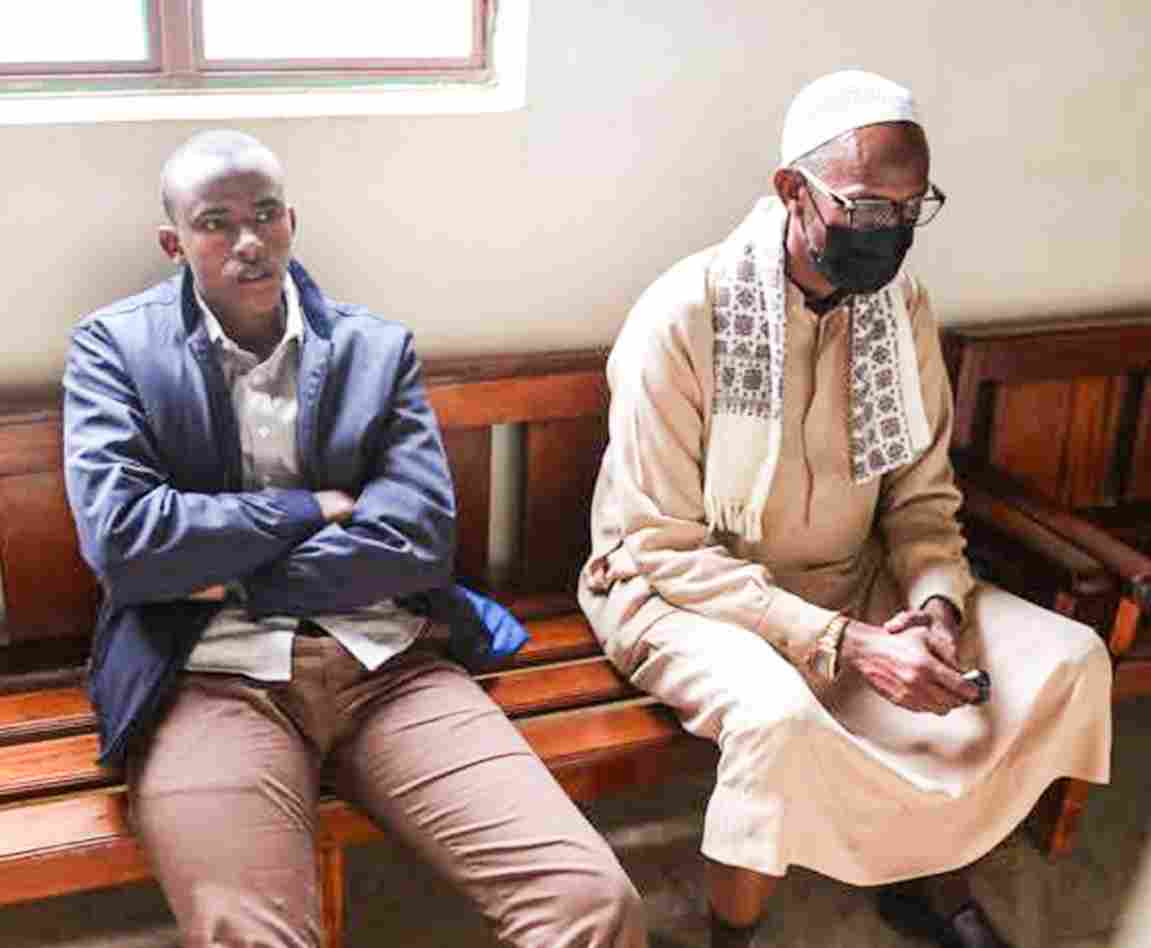Two men found guilty of facilitating the 2019 Dusit D2 terror attack that killed 21 people and injured several others have each been sentenced to 30 years in prison by the Kahawa Law Courts.
Justice Diana Kavedza said Hussein Mohammed Abdille Ali and Mohamed Abdi Ali were key enablers of the attack and ruled that their sentences would begin from the date they were placed in pre-trial detention.
“Having considered the evidence before me, I hereby find the two accused guilty of facilitating the planners and attackers of the Dusit D2 terror attack,” she said.
The judge said the assault at the Riverside complex violated the dignity of Kenyans and the sovereignty of the country, and her judgment aimed to give voice to the victims and survivors.
She noted that although Hussein was only a standard eight pupil at the time, he had a deep understanding of how identification documents were registered and used in the planning of the attack.
In convicting Mohamed, the court found he used a SIM card registered in his name to send Sh836,000 to the lead attacker, Ali Salim Gichunge. It also emerged that the attackers stayed in Mohamed’s house in the days before the assault.
The court also noted that a third suspect in the case had earlier entered a plea agreement and was convicted in January 2025. He confessed to providing internet services to the attackers, forging an ID, and giving false information to obtain a passport.
In April, the Office of the Director of Public Prosecutions urged the court to convict and sentence the two, who were jointly charged with conspiracy to commit a terror offence.
Hussein faced an extra charge of facilitating a terrorist act, while Mohamed faced fourteen separate counts of the same.
The prosecution called 45 witnesses to testify. On January 21, 2025, the court ruled that the accused had a case to answer. Evidence showed Mohamed sent more than Sh800,000 in multiple transactions to phone numbers linked to Gichunge.
Police said one of the numbers used to receive the money was registered under the name of Gichunge’s deceased brother, Isaack Abdi.
The court also heard that Hussein had Facebook communication with a man in Somalia named Adam Chege, though there was no direct mention of an attack. Police officer Titus Lang’at testified that Chege instructed Hussein on how to handle ID images sent through the platform.
Lang’at said Chege had also contacted another individual named ‘Simple Wes’ through the same Facebook account. ‘Simple Wes’ was tasked with transporting a parcel from Mandera to Nairobi. That parcel, which Hussein was to collect, contained identification documents meant for the attackers.
Data from 177 SIM cards recovered from Muchatha and a mobile phone belonging to Mohamed traced the planning of the attack back to Jilib, Somalia, which police said is the base of the Al-Shabaab terror group.
Both Hussein and Mohamed denied the charges and insisted they were not present at the scene. Hussein also claimed he was only 14 years old at the time he was charged.
The two are expected back in court in June.
